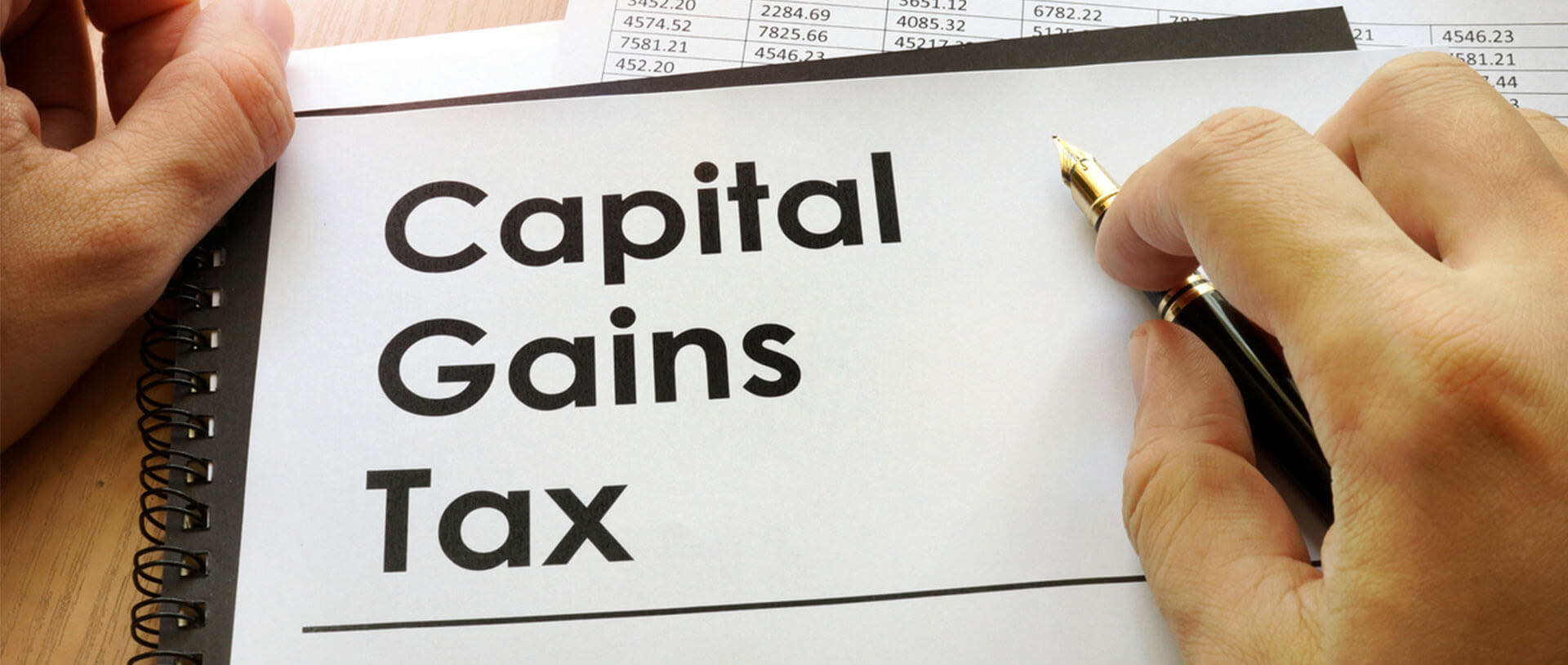So, you want to sell your house and avoid paying capital gains taxes? Well, well, well, aren't we a savvy little homeowner. Don't worry, I've got some tips and tricks for you to get those pesky taxes out of the picture.
How to Avoid Paying Capital Gains Taxes When Selling a House
Tip #1: Live in Your House for at Least Two Years
If you want to avoid paying capital gains taxes, one of the easiest ways is to live in your house for at least two years before selling it. That's right, just move in and make it your home sweet home for a while. The IRS allows you to exclude up to $250,000 of capital gains (or $500,000 for married taxpayers filing jointly) if the property was your primary residence for at least two years in the five years leading up to the sale.

Tip #2: Use the Capital Gains Exemption
Okay, okay, so maybe you didn't live in your house for at least two years. No worries, you can still use the capital gains exclusion if you meet certain criteria. For example, if you sell your house due to a change in employment, health reasons, or unforeseeable circumstances (like a natural disaster), you may be able to exclude some or all of your capital gains.

Tip #3: Do a 1031 Exchange
Feeling fancy? Consider doing a 1031 exchange. This allows you to defer paying capital gains taxes by reinvesting the sale proceeds into a similar investment property. Basically, you're swapping one property for another without triggering a tax event. While this option requires more effort and planning, it can be a great way to build wealth over time.

How to Calculate Capital Gain on Selling a House
Step #1: Determine Your Basis
Your basis is basically what you paid for the house plus any improvements you've made. This includes things like adding a deck, renovating the kitchen, or installing a pool. The higher your basis, the lower your taxable gain.

Step #2: Calculate Your Adjusted Basis
Your adjusted basis takes into account any depreciation that you've claimed on your taxes. If you've been renting out your property, this step is especially important. Your adjusted basis is your basis minus any depreciation you've claimed.
Step #3: Determine Your Selling Price
This one is pretty self-explanatory. How much did you sell the house for?
Step #4: Calculate Your Capital Gain or Loss
Take your selling price and subtract your adjusted basis. If the result is a positive number, congratulations - you have a capital gain. If it's negative, you have a capital loss. If your gain is below the threshold for capital gains taxes, you're in the clear. But if it's above that threshold, get ready to pony up.
Can Gain Capital take over the US retail Forex industry?
Short Answer: Not Sure, Dude
Okay, so this one is a bit outside of my wheelhouse. But apparently Gain Capital (aka forex.com) is a big player in the foreign exchange market. They've been around since 1999 and offer online trading platforms for individuals and institutions. Whether they'll take over the US retail Forex industry or not remains to be seen. But hey, if you're into that sort of thing, maybe it's worth keeping an eye on.
Alright, folks, that's all I've got for you today. Just remember - when it comes to capital gains taxes, there's always a loophole or two. Happy selling!
Find more articles about Capital Gain When Selling A House